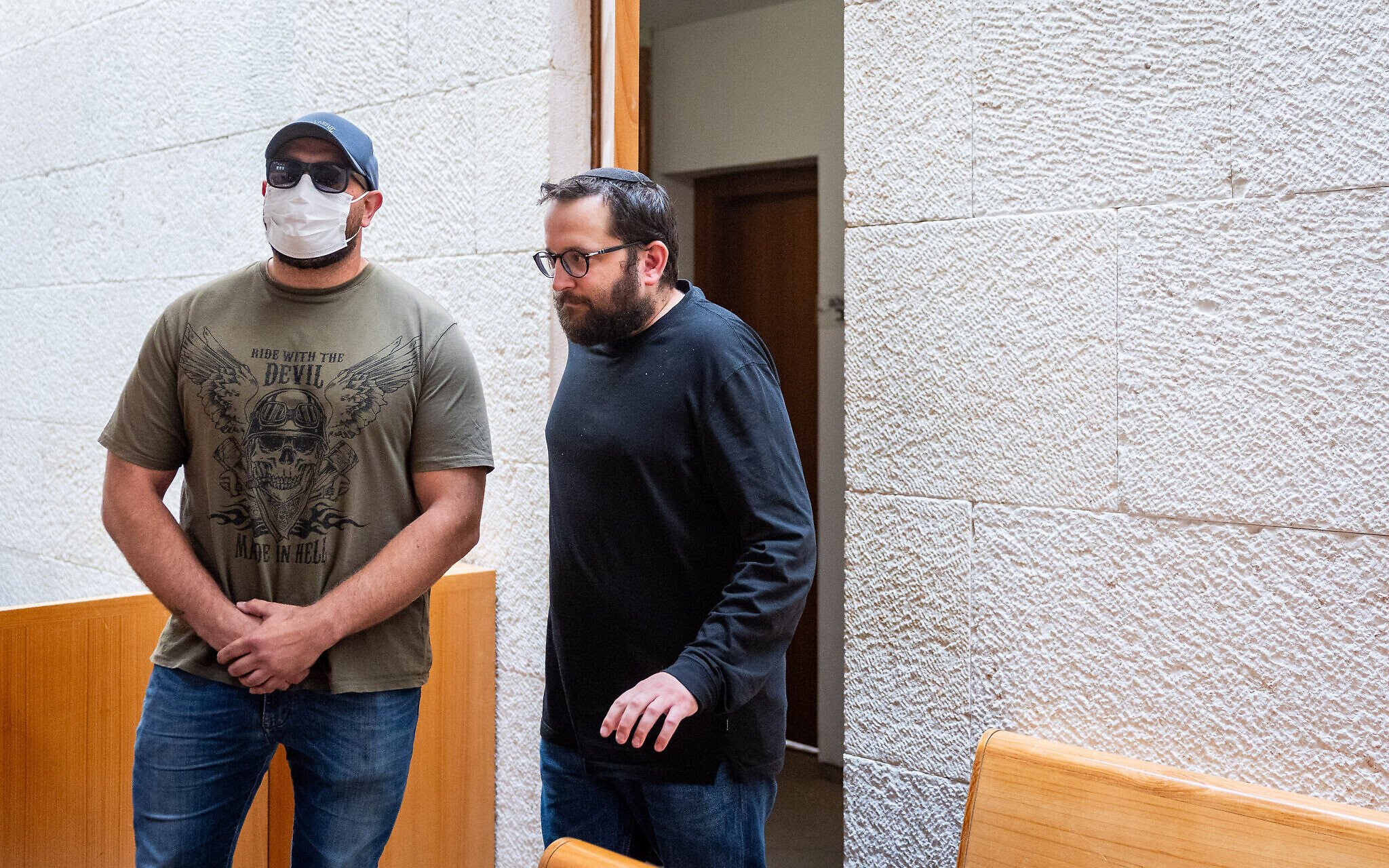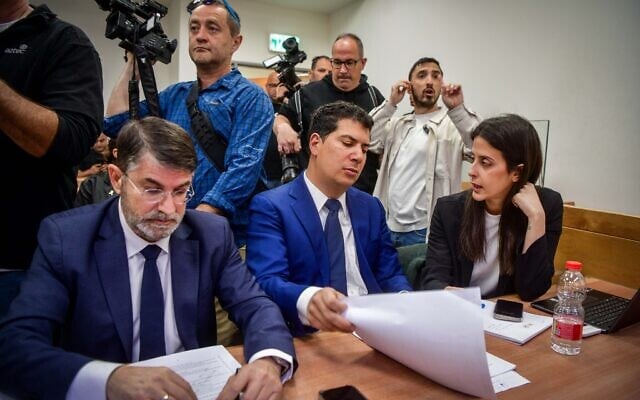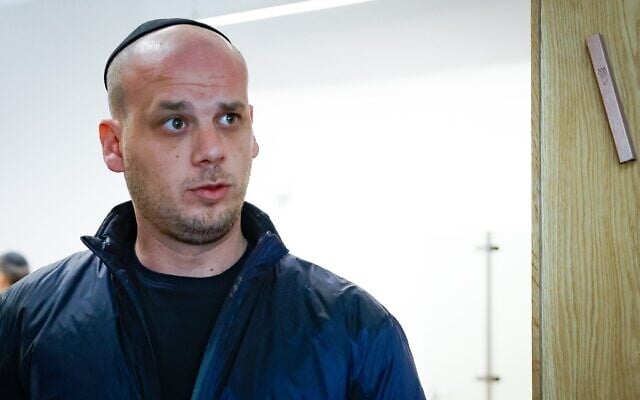



The Rishon Lezion Magistrate’s Court ordered on Monday that Yonatan Urich, a close aide to Prime Minister Benjamin Netanyahu who is a key suspect in the so-called Qatargate scandal, be released to house arrest for ten days.
The police had sought to keep Urich under house arrest for three weeks, but Judge Menachem Mizrahi cut that period in half.
The court also issued a travel ban against Urich until August 12, and banned him from contacting anyone involved in the case.
Mizrahi made unusual remarks during the custody hearing, indicating he does not believe Urich will ultimately be indicted.
After Urich’s attorney Amit Hadad remarked that “the day will come when we see all the [investigative] material,” referring to when Urich is indicted, Mizrahi replied “Such a day will not come, it won’t happen,” indicating he believe that Netanyahu’s aide will not face charges.
The decision to file charges is ultimately in the hands of the State Attorney’s Office, but Mizrahi’s comments appear to reflect a belief that there is either insufficient evidence for charging Urich with the crimes he is suspected of, or that he has not actually committed a crime.
Last Wednesday, Mizrahi raised substantive questions over the investigation, pointing out that although Urich was doing work for the prime minister, he was not employed as a formal employee of the Prime Minister’s Office and was therefore not a civil servant.
Only civil servants can be charged with crimes such as bribery and breach of trust, which the police wish to level against Urich.
Mizrachi’s comments were unexpected, as he previously argued with Urich’s attorney against claims that Urich is not a civil servant, noting out previous court rulings establishing that it is the role filled by a suspect and not formal position that person holds which determines civil servant status.
Urich was rearrested last week after police sought to question him regarding what they said was new evidence which had emerged surrounding his role in the scandal, but the Rishon Lezion Magistrate’s Court ordered him to be released, saying there was no reason for his ongoing detention.
The Lod Central District Court upheld an appeal by the police to keep him in custody, saying the new evidence heightened suspicions against Urich, and the Supreme Court upheld that decision after Urich appealed.
In a subtle rebuke however, the Supreme Court told police that if they wished to make further requests for Urich to remain in custody, they should focus on claims that he might pervert the course of justice if released, rather than asserting the supposed danger he poses to state security.
Urich, together with Eli Feldstein, a former military affairs spokesperson for Netanyahu, are suspected of multiple offenses tied to their alleged work for a pro-Qatar lobbying firm in which they are suspected of contact with a foreign agent and breach of trust, due to what prosecutors believe was their work to improve Doha’s image as a hostage negotiation mediator, while simultaneously working as advisers to Netanyahu.
The investigation has since broadened and several former senior security officials are suspected of involvement in helping transfer money from Doha to Urich and Feldstein.


